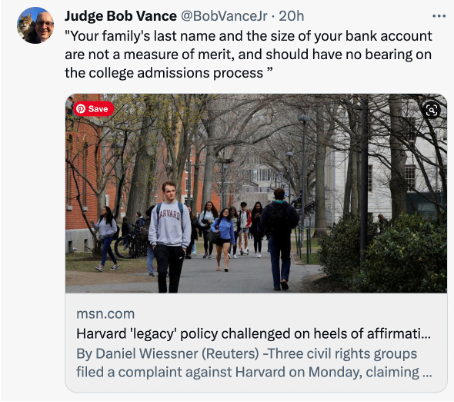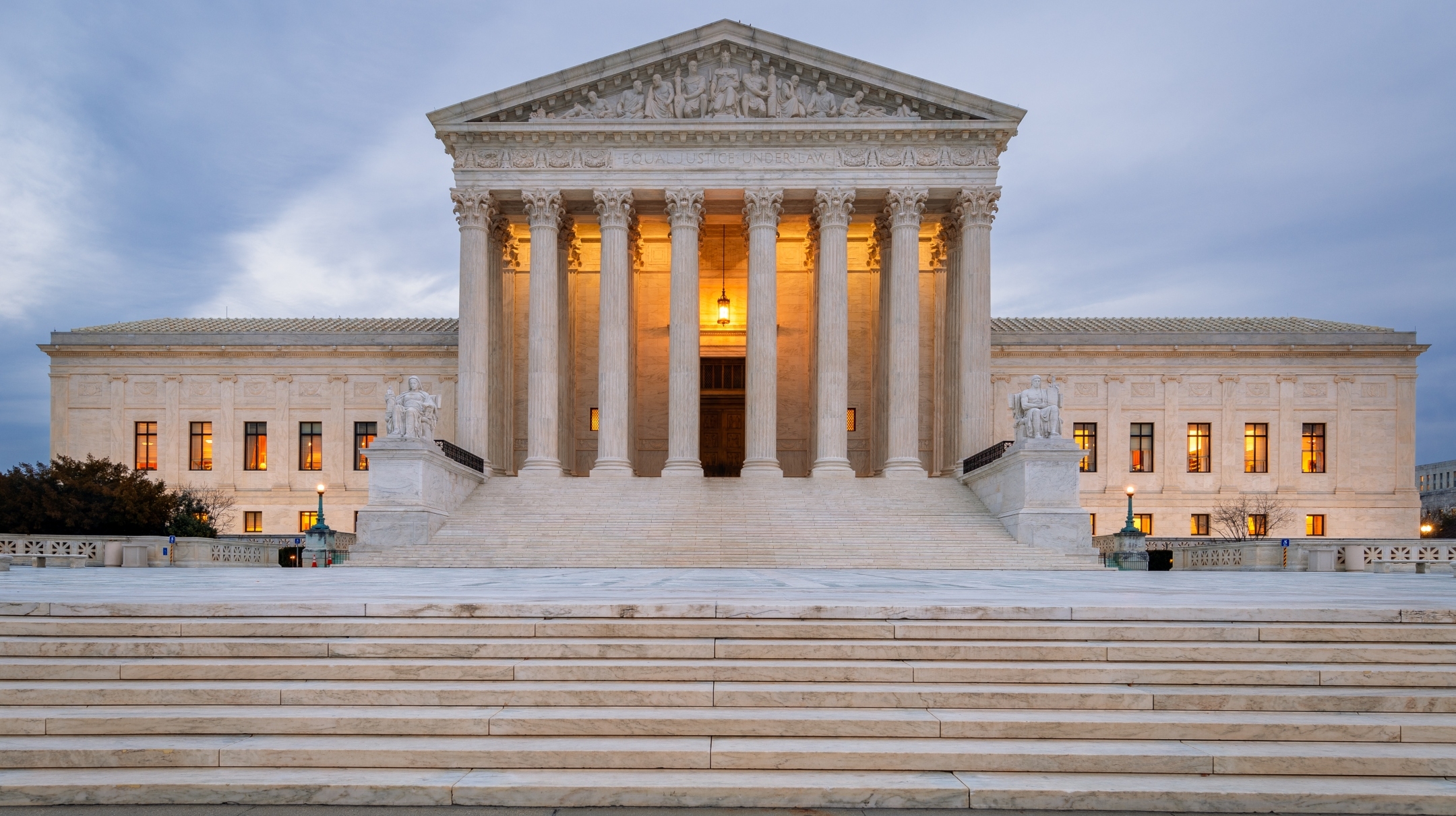Sixties Fan
Diamond Member
- Mar 6, 2017
- 58,480
- 11,084
- Thread starter
- #1,201
Follow along with the video below to see how to install our site as a web app on your home screen.
Note: This feature may not be available in some browsers.
Keep talking to yourself then. On 4chan we call your type "samef*gs"What? You do not have any answer to any of the posts? Yes, or no?
What are you waiting for to discuss any of what is being said in any of the posts?
Trumpbraindead? Is that the issue?
Find an issue you do not agree with and discuss it.
No? Oh, you only like to show a bellyache to see if it works and the people go away, hey?
Kvetch, buddy, Kvetch !!!

 www.goodnewsnetwork.org
www.goodnewsnetwork.org

 www.commondreams.org
www.commondreams.org





With inflation falling rapidly over the past year, we’ve seen some resurgence of inflation trutherism. But the more notable development has been the emergence of what we might call recession truthers — a significant faction that seems frustrated by the Biden economy’s refusal, at least so far, to enter the recession they have repeatedly predicted or insisted is already underway.
Now, there are some sociological differences between the old inflation truthers and the new recession truthers. The former group tended to be old-school reactionaries still pining for a return to the gold standard. The new group is dominated by tech bros, billionaires who imagine themselves focused on the future rather than the golden past, more likely to be crypto cultists than gold bugs. [...]
But the new truthers are, if anything, even sillier than the old truthers.
You might have expected technology billionaires to be well-informed about the world — someone like Musk could, if he chose, easily maintain a large research department for his personal edification. (The annual budget for the whole Bureau of Labor Statistics is less than $700 million.) Yet they are often, in practice, easy marks for grifters and con men. I’ll talk later about why.
But first, let’s ask how we know that the recession truthers are wrong.
